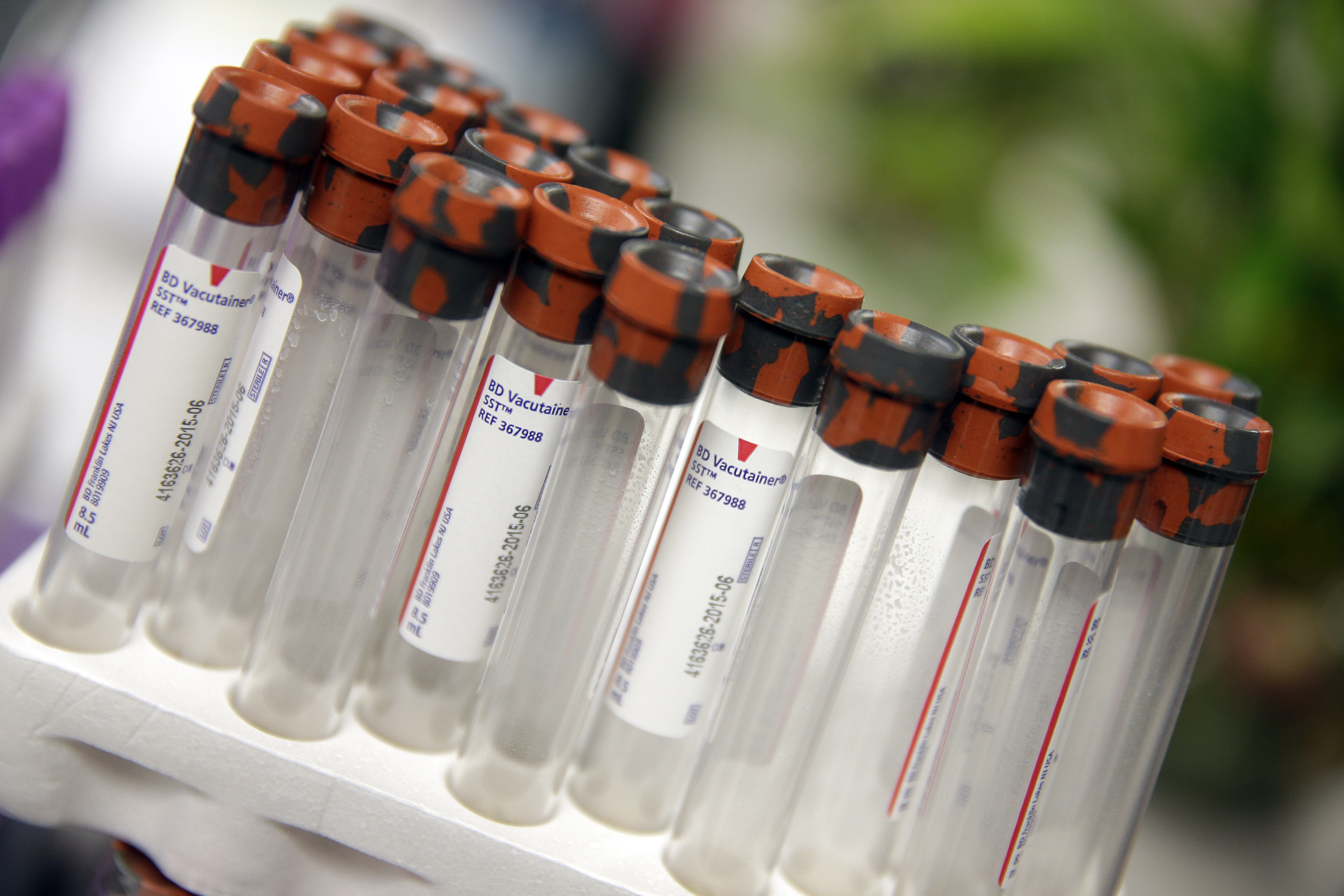How Does the Clinical Research Approval Process Work?
Comprehensive Cancer Centers has covered many factors involved in clinical research including how the practice selects therapies to be tested, what clinical research phase numbers mean, and why clinical research is important for the future of cancer treatment. Now we will touch on how the FDA approval process of a clinical trial works.
How Do Clinical Trial Therapies Get Initial FDA Approval?
The process begins with the submission of an Investigational New Drug (IND) application to Food and Drug Administration (FDA). This is the first step before anyone can even begin clinical research. The application discloses any previous testing efforts on animals or people, and details about the performance of these tests. Information must be disclosed regarding the investigator advancing the therapy, with details about their previous efforts and successes. Details are provided that outlines the study plans. These plans are reviewed by practices like Comprehensive Cancer Centers when considering participating in studies or in using them later as regular treatment options.
What Happens After Clinical Research Starts?
A critical stage in new clinical research comes when phase III clinical trials (or sometimes phase II studies) start to demonstrate that the therapy being tested works better, or is safer, than current standards of care treatment options. When this happens, a new drug application (NDA) is completed by the investigator (the company that created the therapy), and is shared with the FDA to secure approval. Based on established criteria, the FDA makes the determination to approve the therapy for more widespread use. A treatment, if approved, could then become the new benchmark that new drugs will be compared with in future clinical research. The drug may also be sent back by the FDA for more testing and analysis.
Is Clinical Research Over At That Point?
Even if a therapy is approved, its performance may still be reviewed as part of what’s called Phase IV in clinical research. This is done as the therapy is more widely used and additional data comes in as more patients use the therapy. This information gives the FDA a more complete sense of the therapy’s efficacy. Questions the FDA ask during this process includes whether or not new side effects emerge, or if the drug helps people live longer than other treatment options. Comprehensive Cancer Centers also accesses this data, as part of its constant and evolving efforts to provide patients with most effective care possible.
Can I Participate in Clinical Research?
Depending on many factors about your cancer and your current treatment course, you may be eligible to become part of a clinical research study. Taking part in a clinical research study can provide quicker access to therapies, which could potentially be better than current treatment options. Learn more about these opportunities, and how your participation may benefit your treatment, by clicking here. Comprehensive also urges minority populations to consider clinical research. Contact Comprehensive Cancer Centers at 702-952-3350 today or visit our website to learn more about our research program.
The content is this post is not intended to be a substitute for professional medical advice, diagnosis, or treatment. Always seek the advice of qualified health providers with questions you may have regarding medical conditions.



